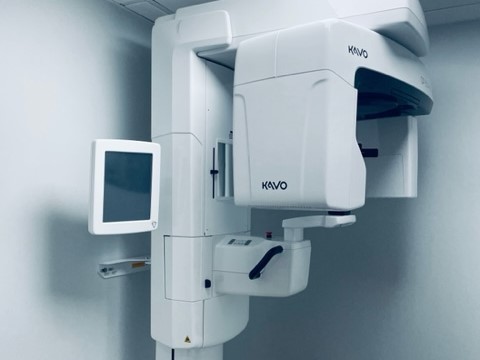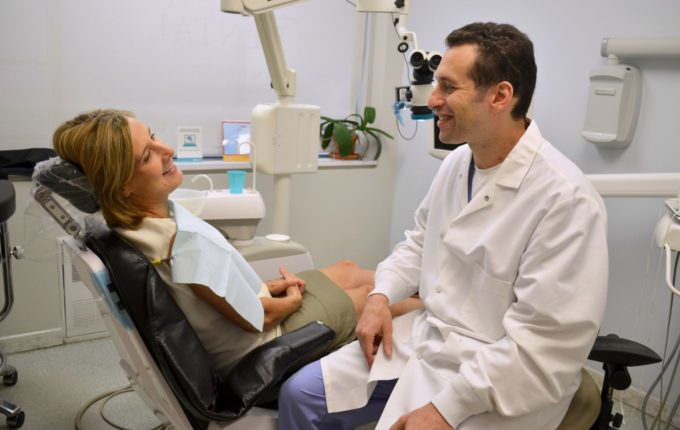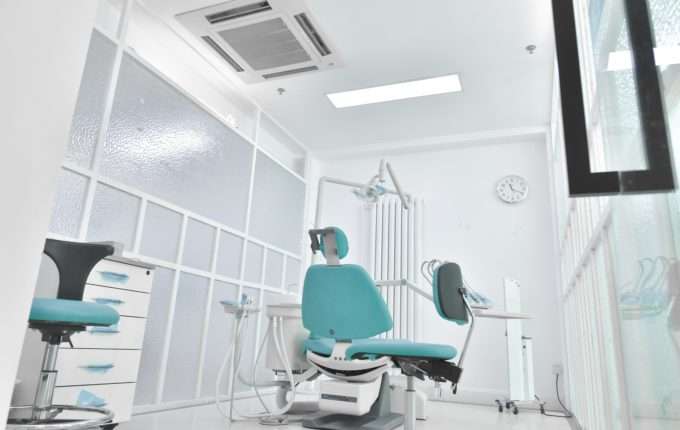Are Dental Crowns Needed After Root Canal Procedures?
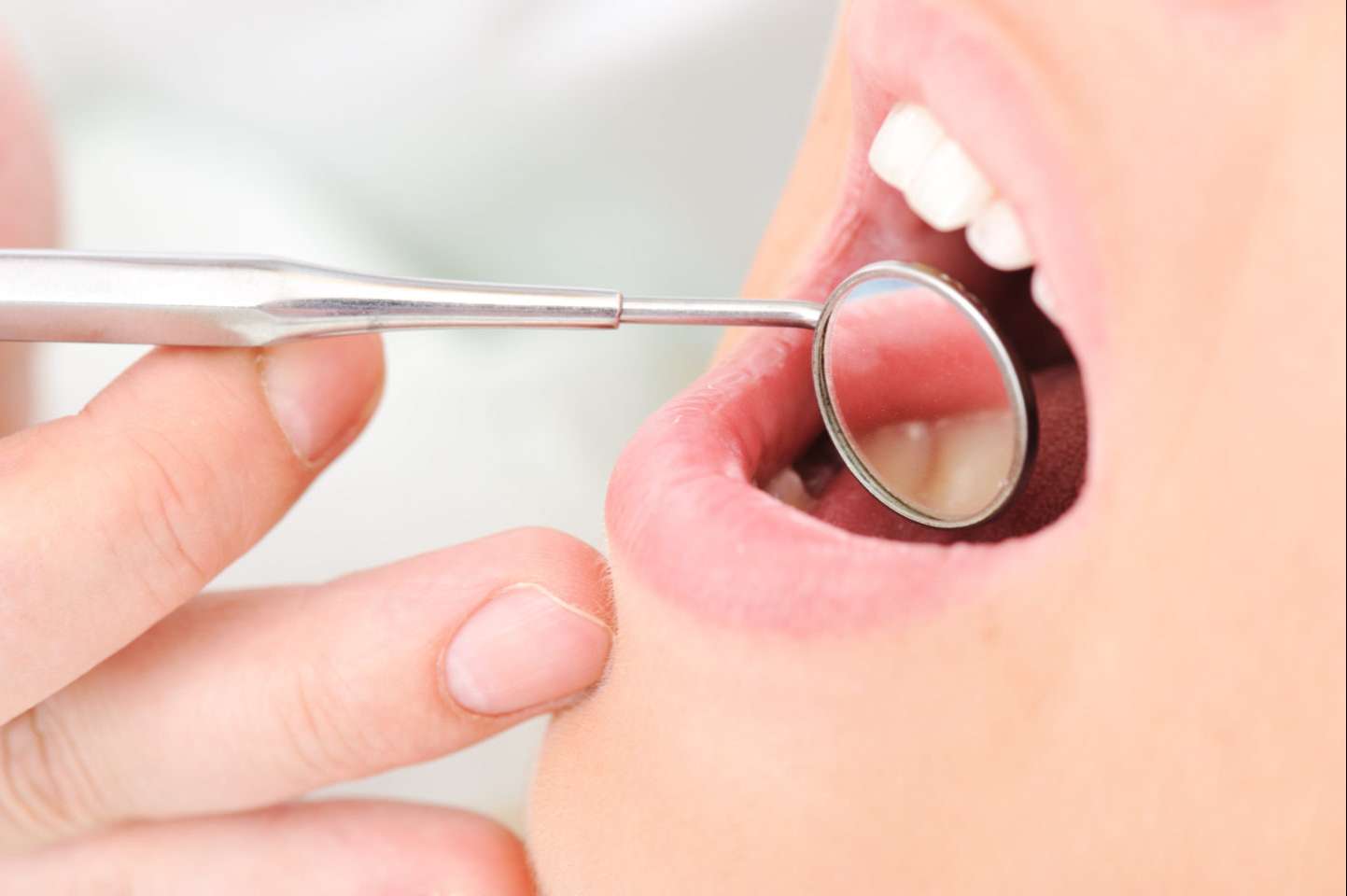
You have just spent a sleepless night. When you lie down to go to bed, there is intense throbbing pain in your tooth. It’s impossible to eat anything; hot foods send pain shooting through your head. You remembered that your dentist told you that you had deep decay under an old filling. At the time it did not hurt, so you decided not to go back.
The bacteria from the decay has now invaded the “living part” of your tooth, the pulp. The pulp contains an artery, vein, and nerve, and now it is dying. For the pain to be alleviated, this tooth must be taken care of and the infected tissue must be removed.
This is the expertise of Dr. Steven Lipner. With the aid of his microscope, he gently and expertly removes the infected tissue, making you feel better in usually one visit!
That was part one of your treatment. The root canal treated tooth is now in a compromised condition that needs further reinforcement to restore form, function, and aesthetics.
Think of your original tooth when it was healthy as if it were an egg, relatively sturdy.
If we were to remove the yolk, we would have a hollowed shell that would easily break when placing any force upon it. This is the same concept for your tooth. Once Dr. Lipner removes the pulp, the remaining tooth is very brittle and susceptible to fracture. A crown is the most proven, conservative way of assuring the health of teeth with root canal therapy. Most crowns are made from porcelain and zirconia. They are exactly the shade of your teeth and most contain no metal.
Studies Have Shown…
- A crown will increase the ten-year survival rate of a root canal tooth by six.
- One-third of all molars that has had root canal therapy without receiving a crown lasts less than five years.
When to Get a Crown After Root Canal Therapy?
- When much of the tooth is missing from decay or an old filling-only a crown will work.
- When function is lost and filling cannot do the job.
- When cosmetics are lost (tooth looks dark).
- When we want to protect from reinfection and leakage
- When we want to protect from trauma-in areas that are exposed to a great deal of chewing or biting forces
- When we want to protect from bruxism (grinding teeth while sleeping)
General rules about crowns after root canals are:
- Molar Teeth: Almost all molars that had therapy should be crowned. Molars share the brunt of occlusal forces when we eat and are most prone to fracture.
- Anterior teeth: Whether a crown is necessary on these teeth depends on position during biting, how much a tooth was destroyed before RCT, function, and cosmetics. Most cosmetic dentists prefer to place a crown on these teeth. On rare occasions, a composite resin may be used instead of a crown.
Midtown Endodontist NYC is the Answer to Your Pain.
Midtown Endodontist NYC will quickly and comfortably rid you of your infection and discomfort. Save yourself the pain and make the investment to save your teeth. Call (347) 708-8795 and book an appointment today!
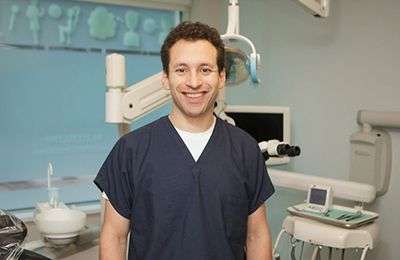 Our Providers
Our Providers
 Blog
Blog
 Contact us
Contact us
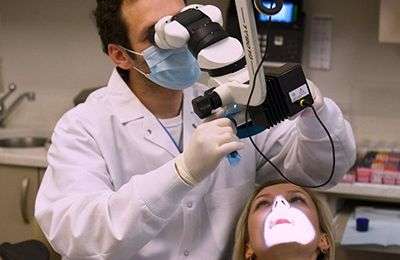 Endodontics
Endodontics
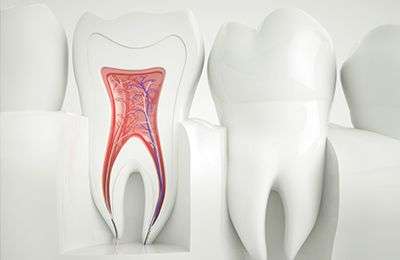 Root Canal Treatment
Root Canal Treatment
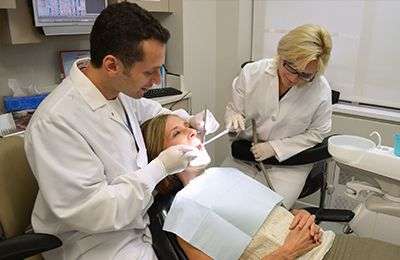 Emergency Root Canal
Emergency Root Canal
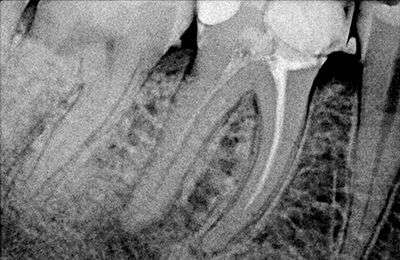 Root Canal Retreatment
Root Canal Retreatment
 Complimentary Teeth Whitening
Complimentary Teeth Whitening
 Teeth Whitening
Teeth Whitening
